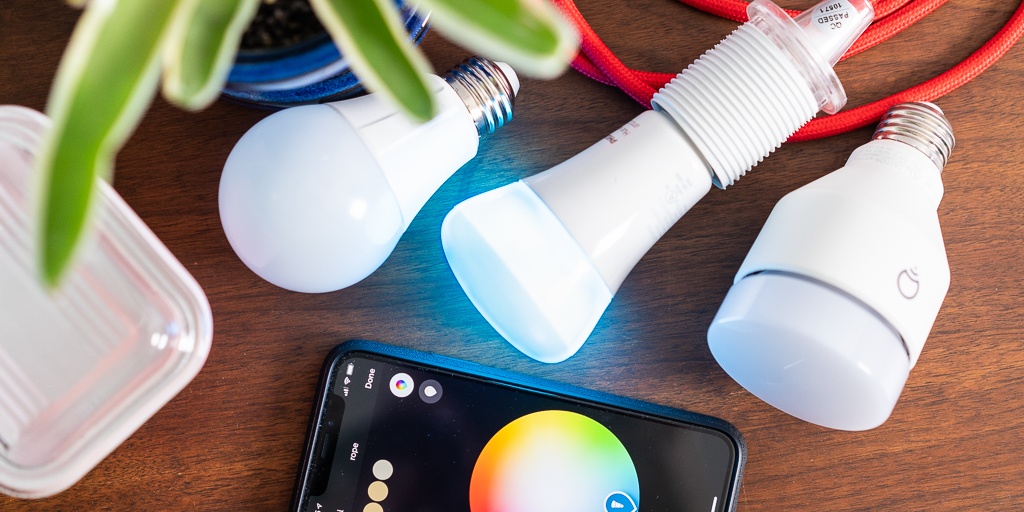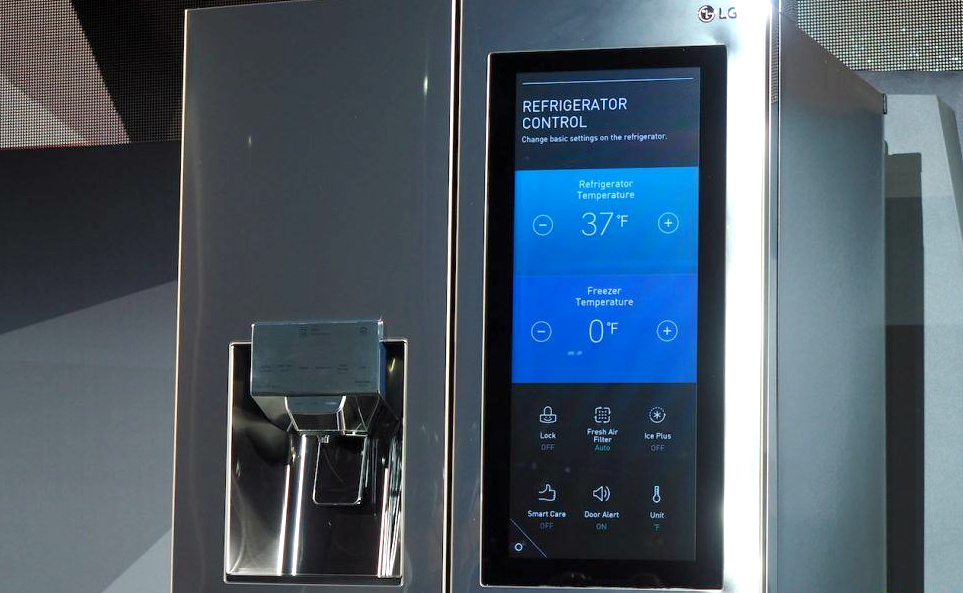I always wonder just how much interaction with the internet do we really need? Is it absolutely necessary for me to talk to my coffee pot? My bathroom mirror? My shoes? And then I realize this is not just a generational issue we’re talking about but a technological issue. Hence the concept of the “Internet of Things” (IoT) makes perfect sense for the here and now and also the future.
![]()
Connected in a BIG way
In case you don’t know, the Internet of Things is the network of physical objects that contain embedded technology to communicate and sense or interact with their internal states or the external environment. In other words pretty much everything that touches our lives. If you’re still scratching your head that’s OK.
Two of the most tangible examples I can give you are
But the point is we are getting really, REALLY connected and unfortunately not everything that is SMART can be connected/controlled to the same device, which means that sooner or later we’ll be dealing with a boat-load of remotes, and given that the patience threshold of society continues to decline, how much attention are we willing to give a smart comb that doesn’t connect with your smart mirror?
Who wants to pay premium?
When does it end? Apparently I am not the only person floating that question. According to a November survey that is scrutinized on emarketer.com, nearly two-thirds of internet users worldwide said that one of the barriers to purchasing IoT devices and services were the fact that they are too expensive.
But price alone is just the tip of the iceberg. An article atwashingtonpost.com goes to the core of the matter when it points out that there are “a limited number of items that people are going to pay a premium price for.” I guess on some level there’s something to be said about having a smart light bulb or smart thermostat (and having it before everyone else on your block) but after awhile, it all starts looking like a gimmick.
Security is SO overrated (Not)
Another issue that scares people away from the whole IoT concept (apart from the price and also just plain ‘ol not grasping the concept) is internet security. If it doesn’t take much effort for your personal information to get hacked, just imagine what the risk is when your entire house is wired.
In fact, the Washington Post points out that in an interview last year with Harvard Business Review, it was suggested that “the Internet of Things would be harder to secure than the Web”, mostly because “these are devices that are made cheaply with very low margins, and the companies that make them don’t have the expertise to secure them.”
Certainly the IoT is poised to make serious inroads in the business and manufacturing sector but the real money to be made lies with whatever demographic you currently find yourself in. That’s where the real money is. So until the cost of IoT devices goes down and our IQ’s for all things SMART goes up, the future of the Internet of Things risks being lumped with a lot of other “If Only’ concepts and scenarios.
#InternetOfThings
Nearly three decades living and working all over the world as a radio and television broadcast journalist in the United States Air Force, Staff Writer, Gary Picariello is now retired from the military and is focused on his writing career.














































